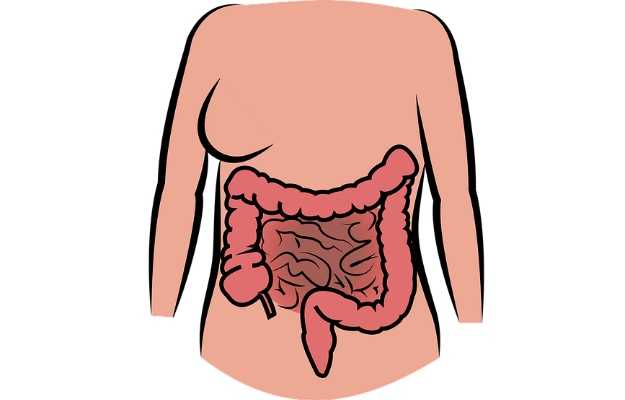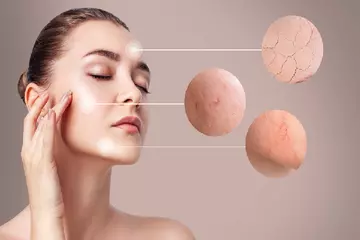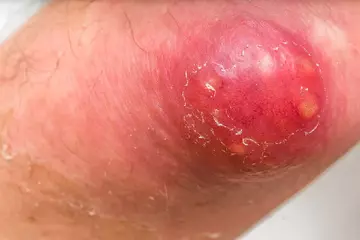Enterocele is a type of pelvic organ prolapse wherein the small intestine descends into the lower pelvic cavity and pushes at the top of the vagina, resulting in a bulge.
Also known as a small bowel prolapse, enterocele is more likely to happen when pressure on the pelvic floor weakens the numerous ligaments (fibrous connective tissues) and muscles supporting the pelvic organs.
Common causes of enterocele include childbirth, chronic cough and chronic constipation. Lifting heavy objects repeatedly and being overweight are also risk factors for enterocele.
The symptoms of enterocele may include a pulling sensation in the pelvis while lying down or a feeling of fullness in the pelvis, lower back pain and pain during sex.
A diagnosis is made on the basis of symptoms and through a pelvic exam. Treatment options are self-care, including Kegel exercises, for mild cases, to placing a pessary to support weakened tissues or even surgery for some patients.
Continue reading to find out more about the causes, symptoms and treatment of enterocele.

 Doctors for Enterocele
Doctors for Enterocele  Surgery for Enterocele
Surgery for Enterocele






































